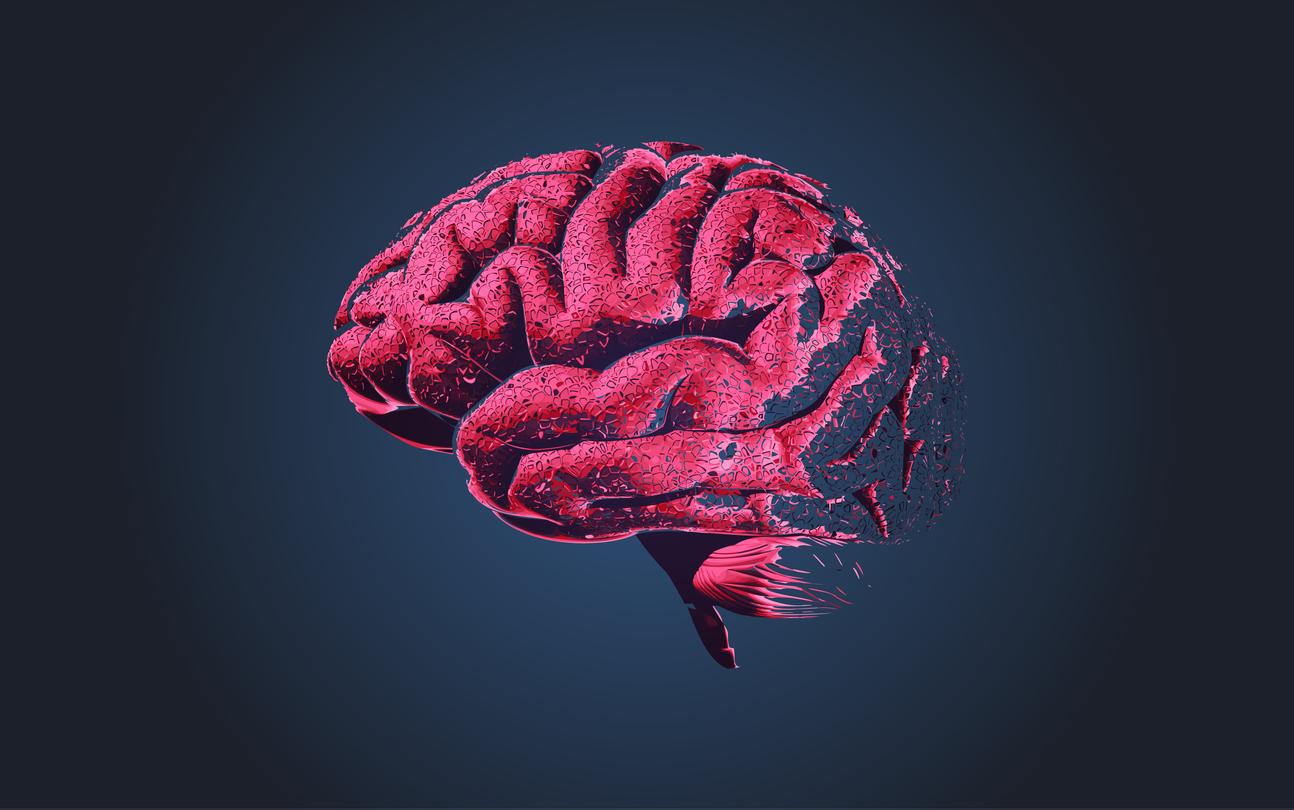The brain ages faster when it is confronted with social, environmental or economic inequalities.

- Researchers followed more than 5,000 participants from 15 countries to better understand brain aging.
- They found that socio-economic inequalities, air pollution and the impact of disease play a significant role in brain ageing, especially in poorer countries.
- For scientists, it is essential to take into account environmental and social factors in public health policies related to aging.
We are not equal when it comes to the weight of our years. And this also seems to be true for the aging of our brain. A new study from the University of Surrey shows that this organ ages faster when it faces inequalities… whether economic, social, linked to pollution or disease.
This work was published in the journal Nature MedicineAugust 26, 2024.
Inequality makes the brain age faster
To better understand the factors that accelerate or delay brain aging, British researchers followed 5,306 participants from 15 countries. Some were healthy and others had neurodegenerative pathologies such as mild cognitive impairment or Alzheimer’s disease. The team assessed the gaps between the estimated biological age of the brain and the actual age of the volunteers using functional MRI and electroencephalograms.
The scientists’ analyses showed that participants diagnosed with dementia, particularly Alzheimer’s disease, had the largest differences in brain age. In addition, differences were observed based on gender: women from Latin American and Caribbean countries had larger brain age differences than others, especially when they suffered from Alzheimer’s. “These differences were linked to biological disparities between the sexes and social and health conditions”note the authors in their press release.
But one of the main sources of the acceleration of brain ageing was inequality. Dr Daniel Abasolo, co-author of the study and head of the Centre for Biomedical Engineering at the University of Surrey, explains: “Our research shows that in countries with higher inequality, people’s brains tend to age more quickly, particularly in the areas of the brain most affected by ageing. We found that factors such as socio-economic inequality, air pollution and the impact of disease play a significant role in this faster ageing process, particularly in poorer countries.”
Combating inequalities to promote healthy aging
For the researchers, highlighting the weight of inequalities on brain aging can help identify people at risk of neurodegenerative diseases. They add that their results underline the importance of taking environmental and social factors into account in public health policies.
“Policy makers can reduce brain age gaps and promote healthier aging across populations by addressing issues such as socioeconomic inequality and environmental pollution.”they conclude.
















